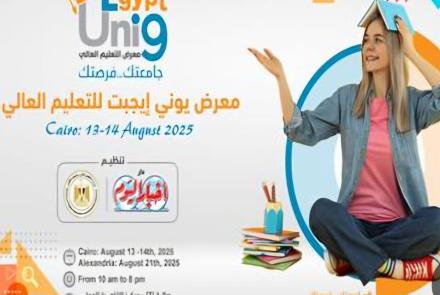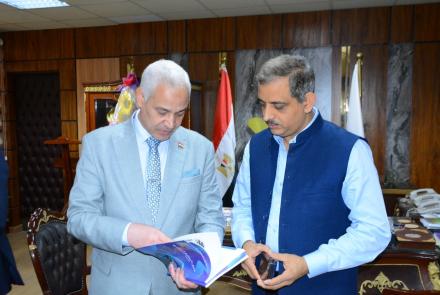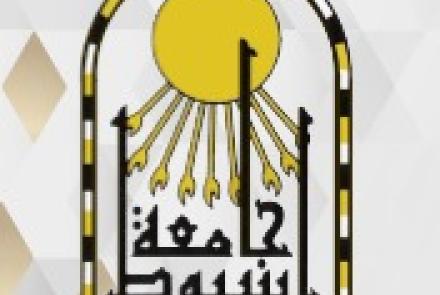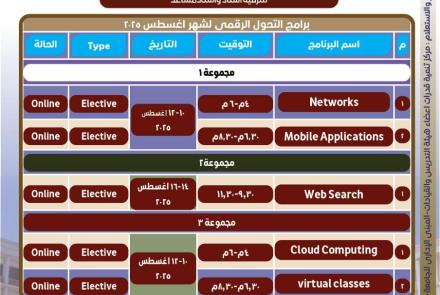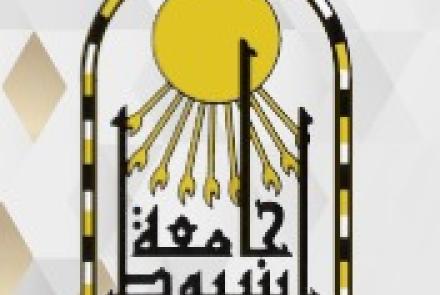Under the patronage of Dr. Ahmed El-Minshawy, President of Assiut University, the Community Service and Environmental Development Sector at the Faculty of Medicine, in cooperation with the Department of Tropical Medicine and Gastroenterology, organized the Fifth Community Environmental Day under the theme “Heat Stroke: Stay Cool, Stay Safe.”
The event was supervised by Dr. Mahmoud Abdel-Aleem, Vice President for Community Service and Environmental Development, and Prof. Dr. Alaa Attia, Dean of the Faculty of Medicine and Chairman of the University Hospitals Board.
Dr. Huda Makhlouf, Vice Dean of the Faculty of Medicine for Community Service and Environmental Development, Dr. Hanan Nafea, Head of the Department of Tropical Medicine and Gastroenterology, Dr. Sahar Hassani, Professor of Tropical Medicine and Gastroenterology, and Dr. Nahed Makhlouf, Professor of Tropical Medicine and Gastroenterology, attended the fifth community environmental day with the participation of faculty members, their assistants, young doctors, nurses, and staff.
Dr. Ahmed El-Minshawy emphasized that organizing the Community Environmental Day reflects the university’s commitment to raising public health awareness, especially amid the rising temperatures during the summer season. He noted that such events contribute to promoting preventive culture and educating citizens, staff, and patients within the university hospitals on heat stroke prevention and management. He also praised the Faculty of Medicine’s ongoing community and awareness efforts, which are a natural extension of the university’s mission to serve society and support sustainable development.
Dr. Mahmoud Abdel-Aleem stated that the Community Service and Environmental Development Sector is keen to organize purposeful awareness seminars that enhance both environmental and health literacy among citizens. He noted that the fifth Community Environmental Day of the Faculty of Medicine is one of the most prominent events combining health education with the promotion of safety and prevention; particularly concerning the dangers of direct sun exposure and ways to avoid it in order to protect human health and contribute to sustainable development goals.
Dr. Alaa Attia explained that the faculty places great importance on its societal role through the organization of educational and awareness activities targeting various segments of the community. He noted that choosing the topic of heat stroke reflects the faculty’s awareness of seasonal health challenges and its keenness to guide the community on safe practices, by disseminating medically accurate knowledge based on scientific foundations.
Dr. Huda Makhlouf confirmed that the fifth Community Environmental Day of the Faculty of Medicine aims to enhance public awareness regarding the importance of following proper preventive measures and responding promptly and correctly to symptoms of heat stroke. She emphasized that this fruitful scientific event affirms the faculty’s leading role in serving the local community by leveraging its medical and academic expertise to protect public health and promote a culture of prevention as a cornerstone of comprehensive healthcare.
Dr. Hanan Nafea reviewed that the day included a number of awareness lectures, including: A lecture titled Overview of the body's response to heat by Dr. Doaa Abdel Tawab, Assistant Consultant of Tropical Medicine and Gastroenterology, a lecture titled Recognizing Heat Stroke: Signs and Symptoms in Adults and Children, by Dr. Mohamed Ezzeldin, Lecturer of Tropical Medicine and Gastroenterology, and a lecture titled Heatstroke: First Aid by Dr. Amira Mohamed Abdel Gawad, Lecturer of Tropical Medicine and Gastroenterology, Impact of Heatstroke on the Liver and Liver Transplant Recipients by Dr. Nahed Makhlouf, Professor of Tropical Medicine and Gastroenterology and Head of the Liver Transplant Internal Medicine Team, and Stressed Liver in a Hot Planet by Dr. Nahed Makhlouf: Climate change is reshaping liver health.
 Do you have any questions?
Do you have any questions? 

